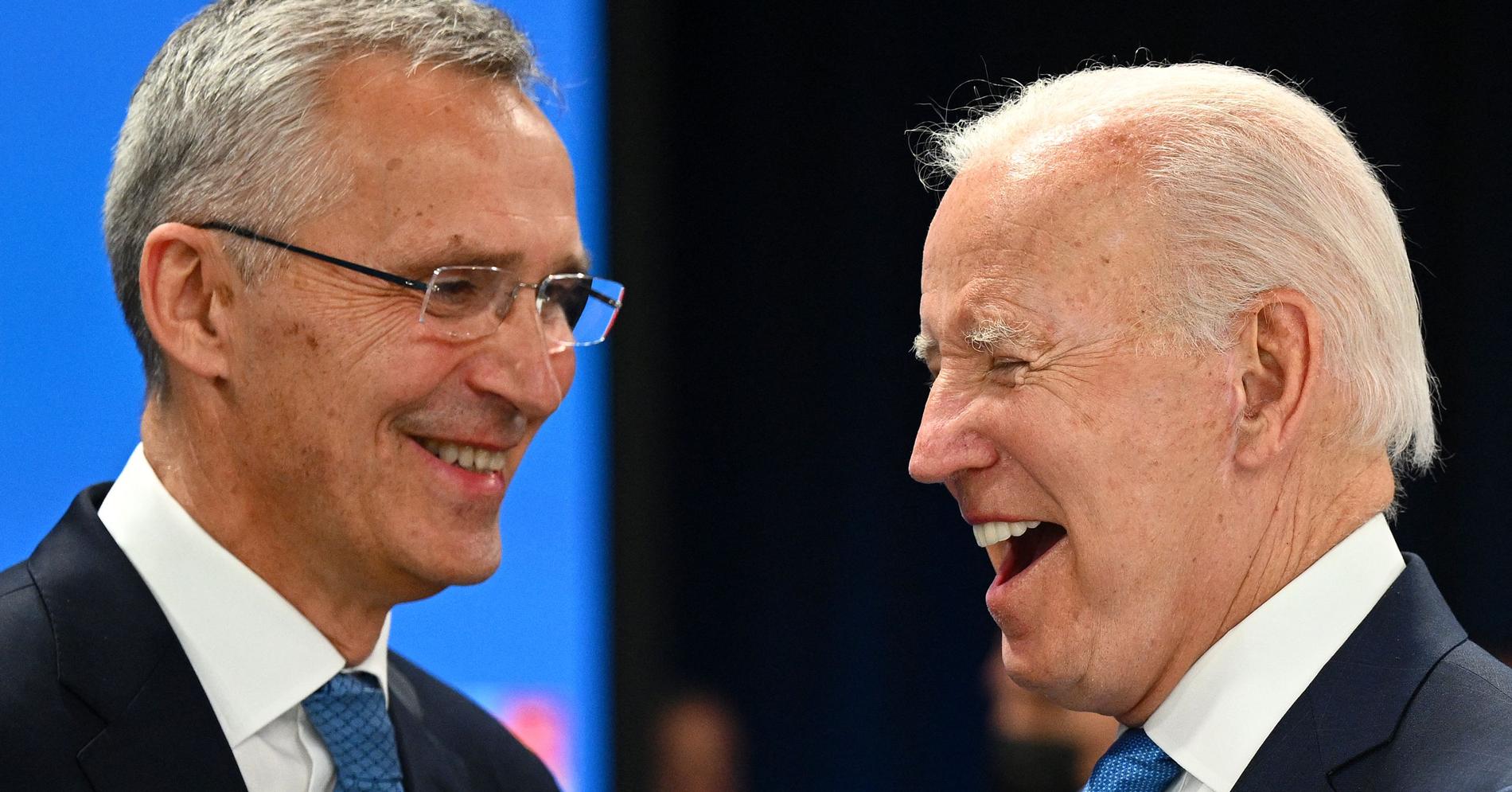As the number of COVID-19 cases continues to rise in the Pan American region, with new infections rising 13.9 percent from last week, Pan American Health Organization (PAHO) director Carissa Etienne has said: called on countries to prepare their health systems for the long-term consequences of the post-COVID condition (commonly known as long-term COVID), which could affect many in the region.
According to estimates, 10-20 percent of people who have had COVID-19 may continue to show symptoms, including persistent and severe fatigue, shortness of breath and mental health problems. And with the Americas having reported more than 161 million COVID-19 cases in the past two years, hundreds of thousands, if not millions, of people in the region could potentially be affected.
“The pandemic has taken us by surprise again and again, and many of the consequences will continue for years to come,” the director said at a news conference recently. The director emphasized that people with pre-existing conditions are especially at risk of a post-COVID condition, as are people who smoke and vape, and people who have not been vaccinated. “The best way to avoid post-COVID condition is by not getting COVID,” she said.
Masking and social distancing are still important tools, especially in high-transmission areas, and vaccines also have a vital role to play in avoiding the worst effects of the pandemic. Studies show that those who contract COVID-19 after vaccination have milder symptoms and are less likely to develop a post-COVID condition.
“But 224 million people in our region have not yet received any vaccinations,” said the director. “We need to increase the pace of vaccination to protect the population from the worst effects of this virus.” The director also called for increased support for patients with a post-COVID condition and for health systems to “recognize and help address this long-lasting impact of the pandemic”.
In support of the countries, the World Health Organization (WHO) has identified three “Rs” to help guide its actions:
– Recognition – Given the wide variety of post-COVID symptoms and the stigma associated with the condition, countries should ensure that health professionals are adequately trained to recognize the symptoms.
– Rehabilitation – The treatment of post-COVID requires a multidisciplinary approach, in which physiotherapists, occupational therapists and speech therapists, chaplains, nurses and doctors work together in a holistic way.
– Research – We still don’t know enough about the post-COVID condition. Scientists and research institutes should commit to closely monitoring people with symptoms so that we can learn more about this condition. “This is a real condition, and it needs to be managed through robust policy and guidance,” Etienne said.
“It is also critical that we recognize the impact that the post-COVID condition is having on people’s lives and work with those affected to ensure their voices are heard.”
As for the COVID-19 situation in the region, the number of cases continues to increase in all four sub-regions, with countries reporting more than 1.3 million new infections and 4158 deaths. In North America, cases have increased by 7.7 percent overall, with cases increasing in the US and Mexico, while falling in Canada.
South America reported a significant increase in new cases, with nearly half a million new COVID-19 infections in the past week – a 24.6 percent increase.
In the Caribbean, cases have begun to plateau in the past two weeks, with countries reporting a 3.2 percent increase in the past week. “These numbers remind us that too many people are still vulnerable,” Etienne said. “Let’s use the resources we have today to avert the worst effects of COVID and help us turn the page of this pandemic.”
–


